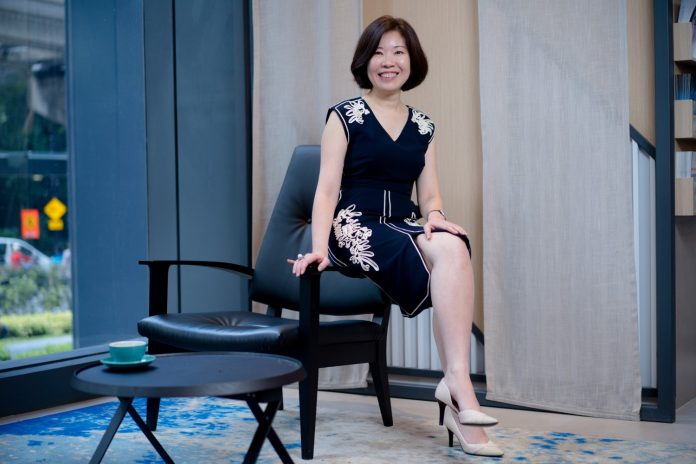Is USD1 million enough for your retirement?
Standard Chartered’s new Wealth Expectancy Report 2019, which examines the saving and investment habits of 10,000 emerging affluent, affluent and highnet-worth individuals (HNWIs) across 10 fast-growing economies, reveals a universal challenge: people’s aspirations outstrip their ‘wealth expectancy’, or their total net wealth at age 60.
With an average wealth expectancy of USD1,035,000, savers in Malaysia have one of the smallest wealth expectancy gaps amongst the markets surveyed: by the time they are 60 years old, 64 per cent of Malaysians will be more than halfway to achieving their wealth aspiration. This compares to a global trend where nearly six out of 10 people on average across the markets surveyed are facing a ‘wealth expectancy gap’ of 50 per cent or more.
For many savers in Malaysia, transfer of wealth to the next generation is a key area of focus. Around nine in ten of the emerging affluent (89 per cent) and affluent (87 per cent) say wealth transfer is their top priority, with more than half (57 per cent) of the emerging affluent worrying that their children will not know how to manage the wealth they inherit.
Malaysia’s wealth expectancy
The average wealth expectancy of Malaysians with enough disposable income to save and invest is USD1,035,000, or USD331,000 for the emerging affluent, USD435,000 for the affluent and USD2,337,000 for HNWIs. On average, this would give people in Malaysia USD4,450 to live on per month during retirement, which is slightly less than both their current income and their wealth aspiration.
If they were to spend at the average monthly rate to which they aspire, their wealth expectancy would last the emerging affluent 15 years, the affluent 18 years of retirement, while HNWIs would be able to fund 25 years.
Standard Chartered’s Wealth Expectancy Report 2019 shows that savers in Malaysia combine simple savings products with property investment to achieve their goals. Seven in 10 use a simple savings account, half an investment property (49 per cent) and 42 per cent a fixed-term deposit scheme. What are Malaysians saving for? Funding their children’s education, investing in property, saving for retirement and establishing or funding their own business are the most common aims for savers in Malaysia.
Lai Pei Si, Head of Retail Banking at Standard Chartered Malaysia said, “Identifying as high net worth or affluent now is not an indicator of being able to achieve your wealth aspiration in future. With 56 per cent of savers in our study looking set to be disappointed with their financial situation when it comes to retirement, the time to take action is now. Financial institutions have an important role to play, starting with an understanding of their clients’ needs, so that they can educate and empower them to manage their wealth in line with their aspirations”.






















